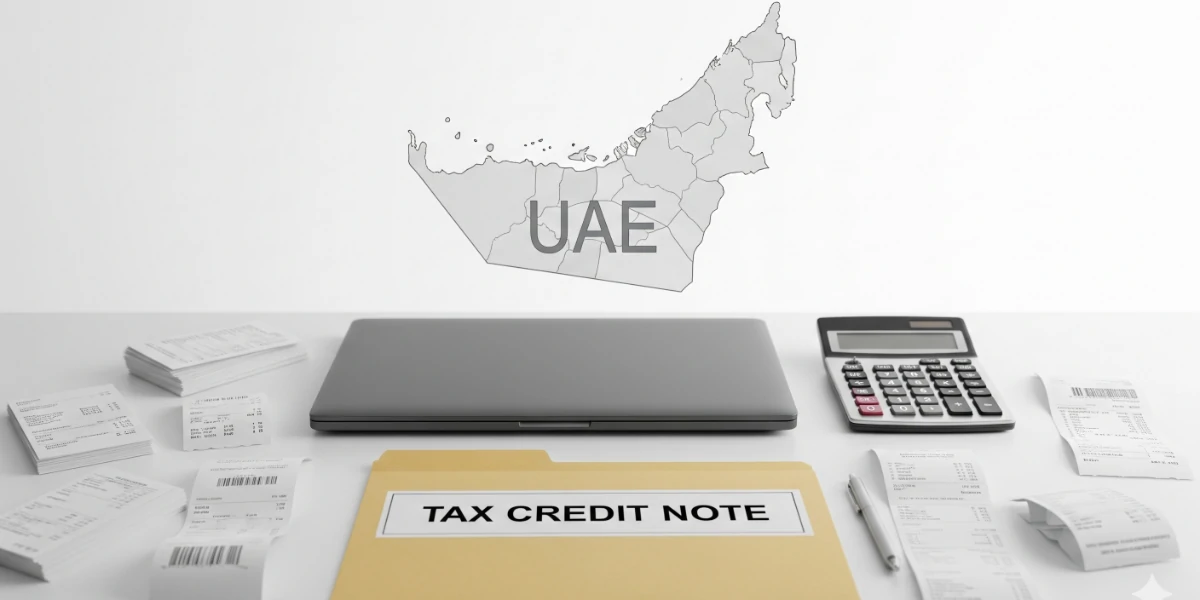How Can UAE Businesses Learn from The Recent VAT Implementation in Malaysia?

In a recent survey by Hays, the recruitment specialist, it was found that only 58% of small businesses were not yet ready for the implementation of VAT in the UAE. For many small businesses, this may not be a priority as firms in the region have many other priorities to deal with such as chasing customers for payments, increasing sales, and growing their businesses. However, there is much to learn from a country that has recently implemented VAT. This country is Malaysia, which in 2015, introduced VAT. Malaysia as a country has many similarities to the UAE. Not only are they both emerging market Muslim countries but the size of Malaysia's economy measured by nominal GDP ($375bn) is similar to the UAE ($407bn).
Malaysia initially implemented VAT at the rate of 6% and its rationale for introducing VAT was the same as the UAE's to diversify revenues away from hydrocarbons. Although the proportion of small and medium businesses in the UAE is at 95%, its approach to implementation has differed from Malaysia as the latter provided financial aid to SMEs. However, the UAE Ministry of finance's response to smoothing the implementation has included regular press releases in the local media and social websites as well as providing many workshops and materials to help businesses prepare. The UAE's implementation of VAT like Malaysia will have similar requirements in that VAT could be applied to items that do not involve financial transactions such as gifts, employee benefits, or entertainment.
The UAE and Malaysia both being in emerging markets means similar challenges will be experienced by small and medium-sized businesses when implementing VAT. This includes the fact that a payments system and credit lines are not as robust as in developed nations which would lead to cash flow problems when the VAT is collected from the customer. This is because it would be expected to pay the net VAT due to the government within three months and may have customers who pay on their invoices much later which will affect working capital.
Another major issue would be the cost of changing operational and financial systems to be able to collect and store VAT data. This is because emerging nations would not have a high level of IT talent in their country which would further drive up the cost of modifying and/or upgrading systems.
A third issue would be that most professional firms operating in the region would not necessarily have experience in implementing VAT for the first time and so for them, it will be a learning experience including for their clients. This lack of talent in the country will be a problem for organizations seeking experts to help with VAT implementation. Most firms and professionals would either have experience working in a VAT system or have no experience working in a VAT system. There would be very few individuals having the knowledge and skills of working in the country where VAT has been implemented for the first time which would be a serious disadvantage.
We at Alpha Pro Partners will be releasing an ebook very soon on how to implement VAT in the UAE. Subscribe to our email list to get the latest information on VAT.






.png)





.webp)
.webp)


.png)
.png)
.png)
.png)
.png)

.png)
.png)



.png)
.png)





.jpg)


.jpg)




.png)
.png)








